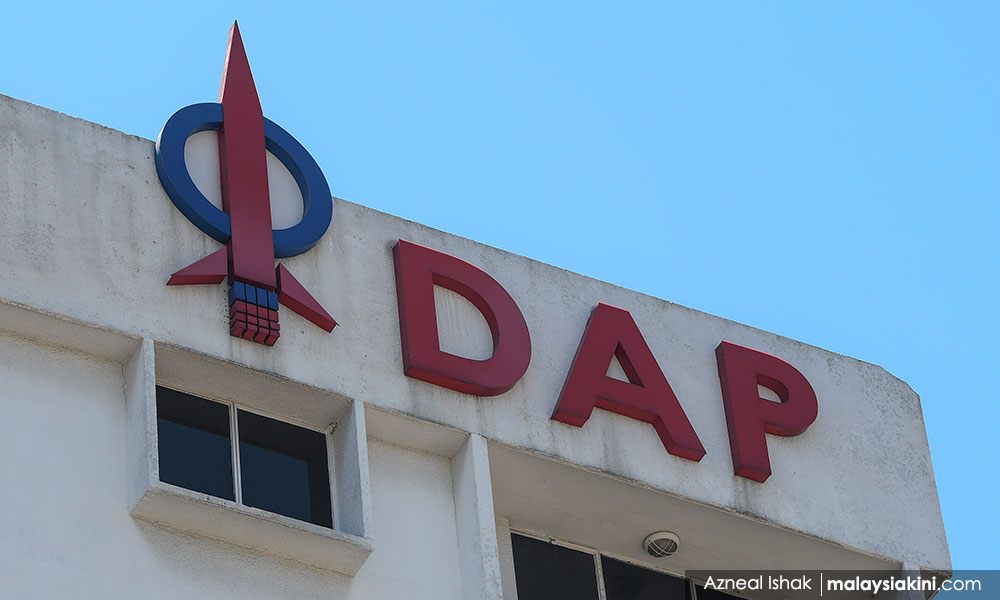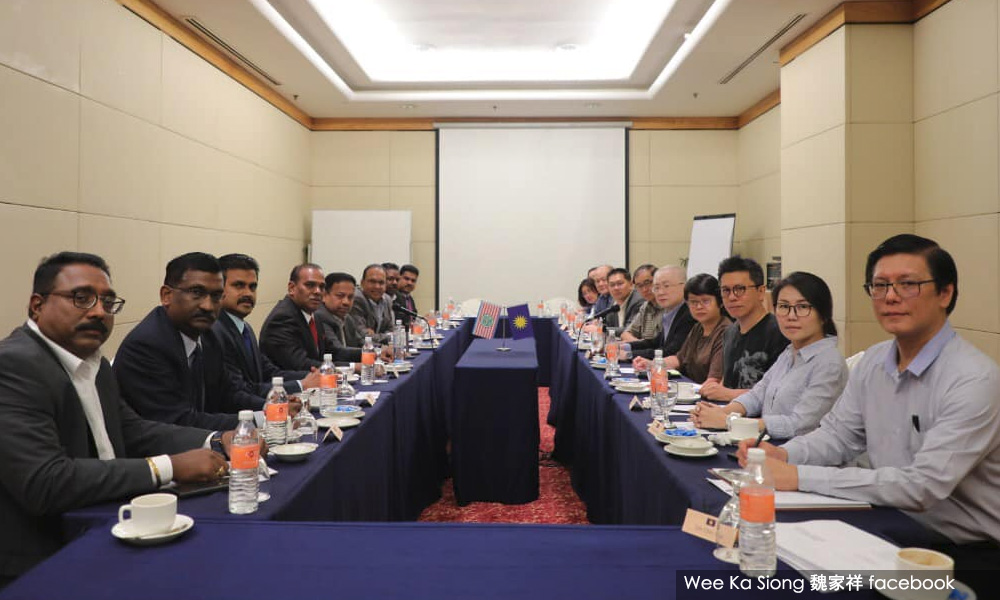
Published by Malaysiakini, images from Malaysiakini.
The post-GE14 political landscape has taken a while to crystallise.
The latest defining step we have seen is the gravitation of PAS and Umno towards one another.
Today, PAS and Umno both know they can secure a sizeable proportion of Malay votes – especially as allies.
They also know they have little or no appeal to non-Malays, and they have little to no chance of forming the government without changing this – by simple virtue of electoral maths.
PAS and Umno both realise how important this is, as can be seen in PAS’ recent events involving its non-Muslim supporters wing, and Umno’s efforts to make sure that MCA and MIC do not leave BN.
The question is: what will MCA and MIC do?
MCA and MIC, arguably, went from titans of Malaysian politics to mere mice, for one simple reason alone: because they were seen more and more as subservient lackeys, living off the crumbs Umno deigned to feed them from time to time, and legitimising ultra-Malay rule that trampled on the dignity of non-Malays.
The question then is: what will MCA and MIC have to do in order to shed this image?
Will Umno become more moderate, or more extremist?
One ‘dream’ scenario for them is for Umno to ‘insaf dan bertaubat’ – to repent and atone.
In this scenario, Umno moves to the centre, and starts to treat MCA and MIC with indescribably more respect than before – as equal partners, recognising the dignity other races deserve.
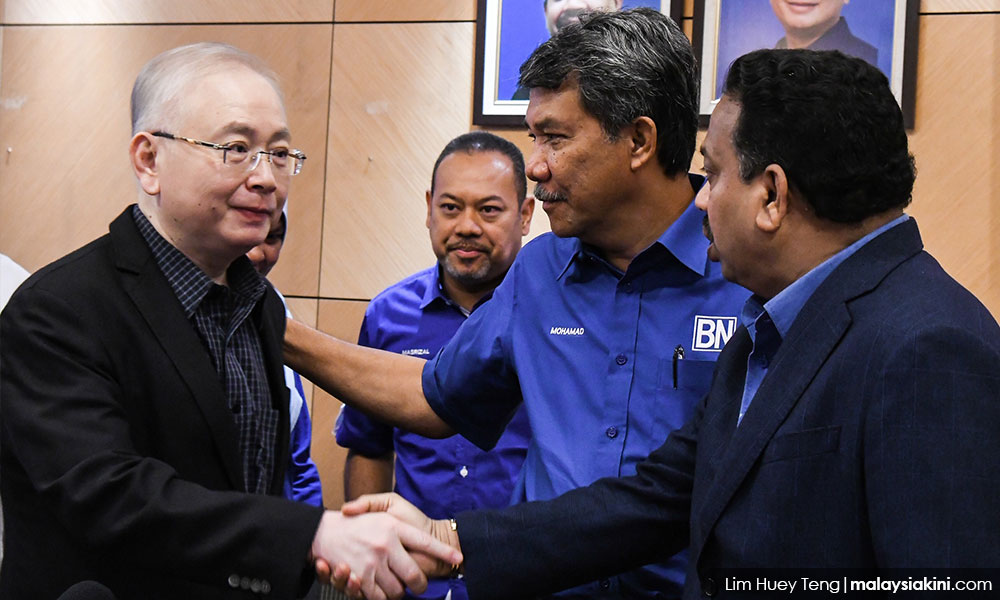
To do this meaningfully – as in beyond mere occasional lip-service to different audiences – Umno would have to completely shed its ultra-Malay tendencies, and practice moderation in a way that it hasn’t done for decades, if ever.
Is Umno capable of this? Is this what they want to do?
The latter question is easy to answer, because we have seen what Umno is doing with our own eyes.
Umno is tying up with PAS, in order to go even more ultra than ever before – jumping at every opportunity to accuse non-Malays of trying to take over the country, generating more and more resentment and hatred towards non-Malays, and so on.
This is undeniably the Umno of today – the exact opposite of the ideal scenario mentioned above for MCA and MIC.
Given the decades of conditioning Umno leaders of today have had, it would be delusional of MCA or MIC to think they can curb the racist excesses of leaders like former tourism and culture minister Nazri Abdul Aziz.
The much more likely scenario is that we will see PAS and Umno continue to take these cheap racial shots again and again, as a desperate gambit to stay relevant.
Especially in today’s landscape and political calculus, that will always matter more to them than doing the genuine work necessary to appeal to non-Malays.
Denying Umno the dacing
MCA and MIC ought to think long and hard over what this means.
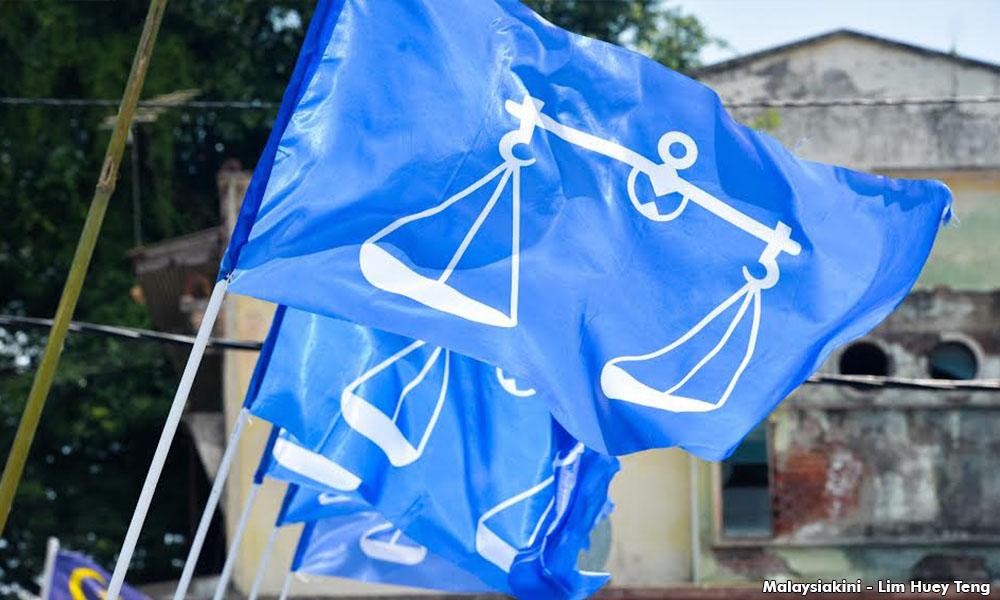
It seems obvious that MCA especially will never regain any brand strength or value whatsoever as long as its wagon is hitched to Umno’s.
To their credit, it seems they understand this, and are acting accordingly – albeit without committing fully, and while seemingly continuing to keep their options open for now.
According to the BN constitution, the supreme council can, by a majority vote, expel any member party from BN.
If MCA and MIC were able to expel Umno, this would mean Umno would no longer be able to use the trademark blue and white BN scales as their logo, further cementing Umno’s inability to win non-Malay votes.
The Khairy alternative
Whether they continue with or without BN branding, MCA and MIC would need to find a new partner. It is not feasible for them to be a strong and viable political force on their own.
Such a viable partner does not exist today – there’s no denying that.
One assumes this is one reason why MCA still lingers in BN, despite being keen to rid themselves of Umno.
Just because such an alternative Malay-based party or movement does not yet exist, does not mean that it will never exist.
The most obvious major wild card in the context of this discussion is former youth and sports minister Khairy Jamaluddin.
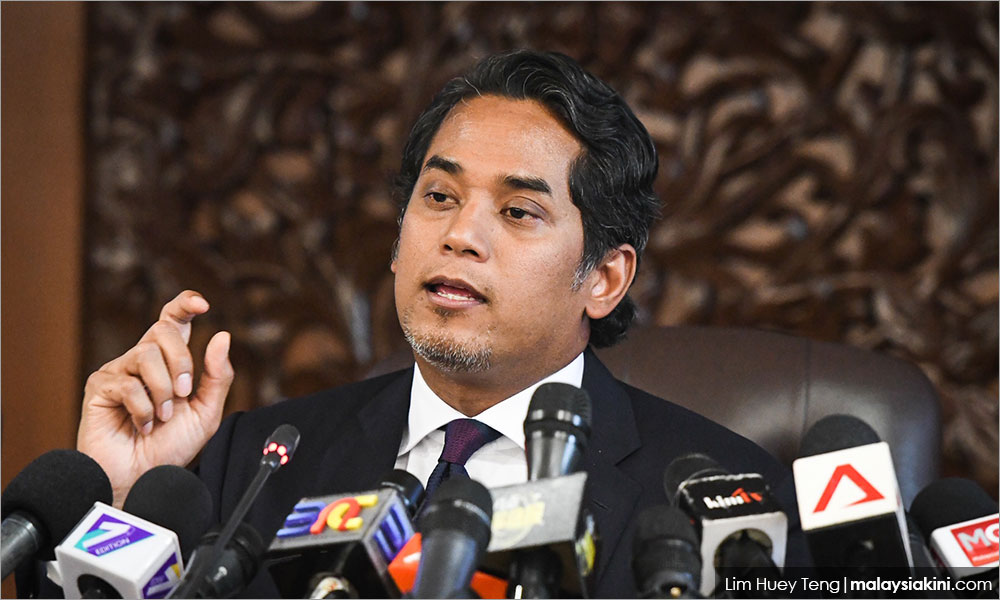
Khairy came quite close to winning the 2018 Umno elections. This means there is still a significant Malay political base that is comfortable with his brand of politics.
Said brand has a reputation for being considerably more moderate, and Khairy managed to win a third of the votes in Umno even when campaigning on a platform of opening up Umno to non-Malays.
Since then, he’s been pretty quiet – not committing to Umno’s current brand of politics that he must surely see as toxic.
A man like Khairy is capable of leading the kind of opposition front that Malaysia needs – one that is multiracial and focused on policies rather than identity politics.
MCA & MIC: The heroes we need?
The short-term costs and challenges for parties like MCA and MIC to pursue a path like this may be relatively high – compared to say, just keeping to the ‘same old, same old’ comfort of the past BN model.
Under that old BN model though, we have seen MCA and MIC’s stock prices crash from blue chip to penny stocks. Should they stay in BN any longer, they may soon find themselves worth nothing at all.
Worse yet, staying on in BN means Umno – in its most racist and divisive incarnation ever – will continue to be at the forefront of Malaysian politics.
In the long term, however, there is the opportunity for MCA and MIC to create the right kind of opposition – a third (and eventually second) force that can keep the government in check, temper the wrong types of public debate that have torn Malaysia apart, and be a true alternative government-in-waiting.
In this defining moment for Malaysia, MCA and MIC have the opportunity to play a bigger role in Malaysian politics than they have for decades.
If they find the courage to take that bold step and cut the umbilical cord to racists who are en route to becoming even more racist than ever, their decisions could save Malaysia from another five decades of racial division.
MCA and MIC were no more likely to become the heroes to which Malaysia turned to in their hour of need, than hobbits were expected to become the saviours of Middle Earth.
As fate would have it, however, just like the hobbits, they now hold in their hands the power to undo years of damage. Will they fail us, as they have in the past, or will they rise up to become the heroes we need?
Nathaniel Tan is Director of Media & Communications at EMIR Research, an independent think-tank focused on strategic policy recommendations based upon rigorous research.

